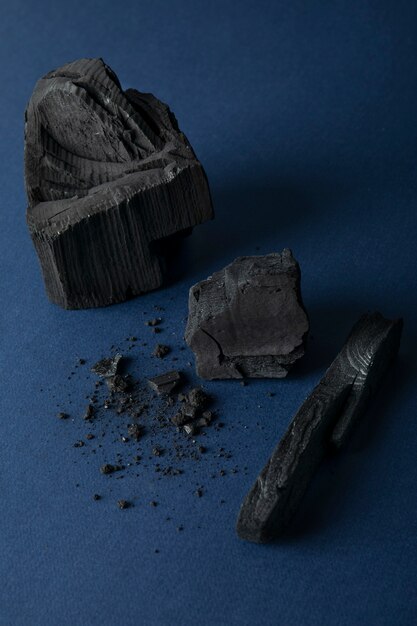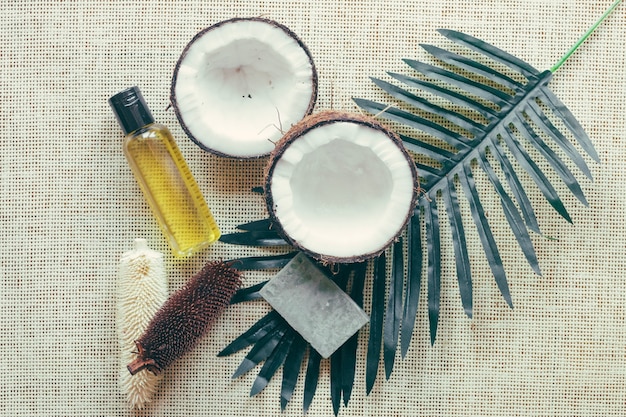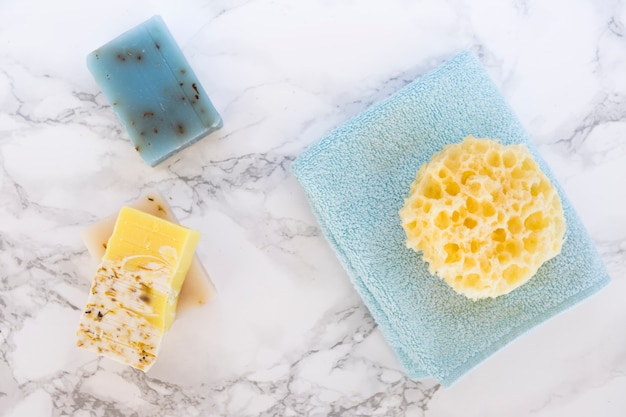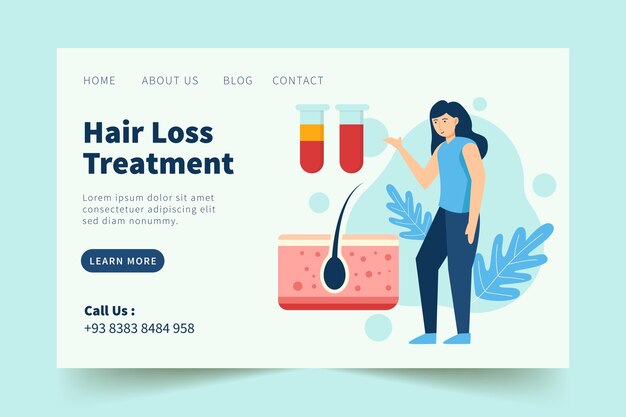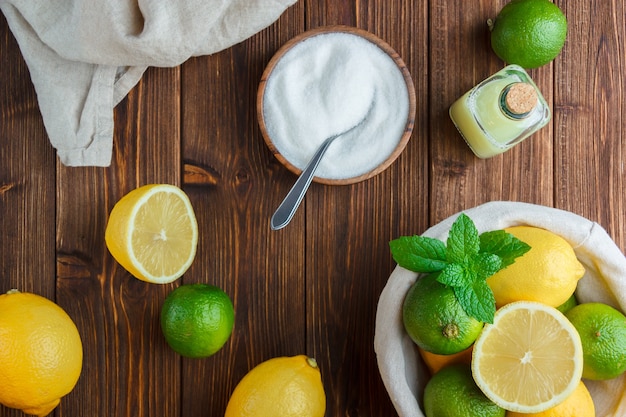
You’ve switched to eating healthier and exercising regularly, but have you thought about the dangers of chemical cleaning products in your home? Many store-bought cleaners are packed with harmful chemicals, including not just the obvious ones like drain and oven cleaners, but also surface cleaners and air fresheners. Environmental experts report that the average household contains around 62 toxic chemicals.
We encounter these chemicals daily, from synthetic fragrances to oven cleaner fumes. Common household products can be linked to asthma, cancer, reproductive issues, hormone disruption, and neurotoxicity.
Indoor Air Pollution
Using chemical household cleaners can make the air in your home two to five times more polluted than the air outside. These chemicals contribute to indoor air pollution, causing health problems like dizziness, headaches, fatigue, asthma, and allergies.
Long-Term Health Problems
Short-term exposure to toxic household cleaners can lead to skin burns and headaches, but chronic exposure poses serious long-term risks. Manufacturers claim that small amounts of these chemicals are harmless, but regular exposure adds to the body’s “toxic burden,” potentially leading to disease over time.
Environmental Harm
Household cleaning chemicals also harm the environment. They pollute both indoor and outdoor air and water systems, affecting aquatic species and our drinking water. This pollution contributes to climate change and damages ecosystems. The environmental impact occurs throughout a product’s lifecycle, from raw material extraction to disposal.
Risks to Children and the Unborn
Experts worry that many chemicals in cleaning products may be carcinogenic or disrupt hormones, with developing brains being the most vulnerable. During pregnancy, the brain develops rapidly, forming neural connections and pathways. Once born, children face daily risks from household cleaning poisons. Even if we keep these cleaners out of reach, using them around the home still puts kids at risk. There are plenty of effective natural cleaners available that don’t carry these risks.
How to Make an Easy Lemon Disinfectant Cleaner
Lemon juice is a fantastic natural cleaner due to its low pH and antibacterial properties, plus it smells great! Lemons are unlikely to damage materials like fabric or wood. Combine lemon’s cleaning power with alcohol, and you have an inexpensive, powerful cleaner for almost any surface.
Ingredients:
– 5-6 fresh lemons
– Vodka
– Glass jar with lid
– Spray bottle
Instructions:
1. Peel the rinds off the lemons, avoiding the white pith. Save the lemons for cooking or other cleaning tasks.
2. Add the peels to a glass jar.
3. Fill the jar with vodka. Cover and let sit in a cool, dry place for four weeks.
4. Strain and transfer the liquid to a spray bottle for use.
Other Ways to Use Lemons for Cleaning:
– Clean discolored brass, copper, or chrome with half a lemon and salt.
– Kill bacteria on cutting boards with diluted lemon juice.
– Lift stains by rubbing lemon juice directly on them.
– Clean grout with lemon juice and an old toothbrush.
– Remove stains and odors from plastic containers by soaking them in diluted lemon juice with baking soda.
– Eliminate refrigerator odors with a half lemon on a saucer.
– Remove grease stains from clothing by rubbing in lemon juice and letting it sit overnight before washing.
– Remove mineral build-up on kettles and coffee pots by boiling lemon slices in them, letting the mixture sit, then rinsing and drying.
